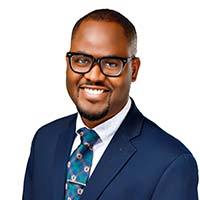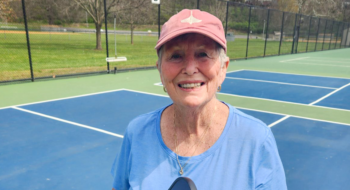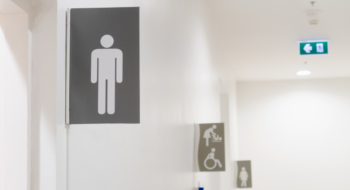Nicknamed the “Piano Man,” singer-songwriter and pianist Billy Joel recently canceled the rest of his summer tour and announced he was diagnosed with a brain condition called normal pressure hydrocephalus, or NPH.
NPH is the buildup of excess spinal fluid in the brain and is more common in older patients, says Dr. Oluwaseun Omofoye, a neurosurgeon at Tidelands Health.
An estimated 800,000 older Americans are believed to have NPH, according to Hydrocephalus Association.
Typically, the brain produces about 20 cubic centimeters of spinal fluid per hour. This fluid cushions the brain and aids in eliminating waste products. If the brain is unable to reabsorb the fluid, it backs up and can begin to cause neurological problems.
According to Joel’s statement, NPH has caused problems with his hearing, vision and balance.
Common symptoms include:
- Balance difficulties
- Poor coordination
- Loss of bladder control, frequent urination or urinary urgency
- Memory loss, cognitive impairment or confusion
- Problems walking or general slowing of movements
“It can manifest without a specific cause, but can also be caused by a traumatic brain injury or brain bleed,” Dr. Omofoye says.
Often mistaken for dementia, Parkinson’s disease or early-stage Alzheimer’s, untreated hydrocephalus can lead to severe disability.
Treatment of NPH
After using a series of tests such as a CT or MRI scan of the brain to diagnose NPH, a spinal tap or lumbar drain trial is used to confirm it. Surgery can then be performed to release spinal fluid from the brain and help prevent its buildup.
The minimally invasive surgery allows the doctor to implant a permanent shunt in the patient’s brain – a device that alleviates spinal fluid buildup.
The ventriculoperitoneal shunt, inserted beneath the skin and into the brain’s fluid space, diverts excess fluid to the abdomen through an implanted tube that runs from the brain into the abdomen, effectively relieving pressure. A programmable device allows for adjustments as needed.
While the success of treatment with shunts varies from person to person, about 70 percent of patients recover almost completely after treatment and have a great quality of life.

Dr. Oluwaseun Omofoye
Neurosurgeon, Tidelands Health
Call to Schedule
Bio
Dr. Oluwaseun Omofoye is a fellowship-trained neurosurgeon at Tidelands Health Neurosciences in Murrells Inlet.
Learn MoreMedical Education
Education
University of North Carolina, School of Medicine
Residency
University of California Davis Medical Center, Neurosurgery
Fellowship
Cedars-Sinai Medical Center, Neurosurgical Oncology/Skull Base
Awards
- James E. Boggan Resident Scholar Award, UC Davis Department of Neurosurgery, 2020
- Kaiser Foundation Hospital Sacramento Department of Neurosurgery Resident Award, 2020
- Resident Scholarship Award, San Francisco Neurological Society, 2020
- Elizabeth Bullitt Resident of the Year Award, UNC Department of Neurosurgery, 2017
- First Place, 2015 UNC Healthcare Quality Expo
- The UNC Medical Alumni Loyalty Fund Scholarship, 2011
- First Place, Biological and Health Sciences Oral Presentation, UNC Research Day 2011
- The June C. Allcott Fellowship, 2011
- Eugene Mayer Community Service Honor Society Inductee, 2011
- The John B. Graham Student Research Society Inductee , 2011
Meet the Expert
Dr. Oluwaseun Omofoye
Call to Schedule
Dr. Oluwaseun Omofoye is a fellowship-trained neurosurgeon at Tidelands Health Neurosciences in Murrells Inlet.





